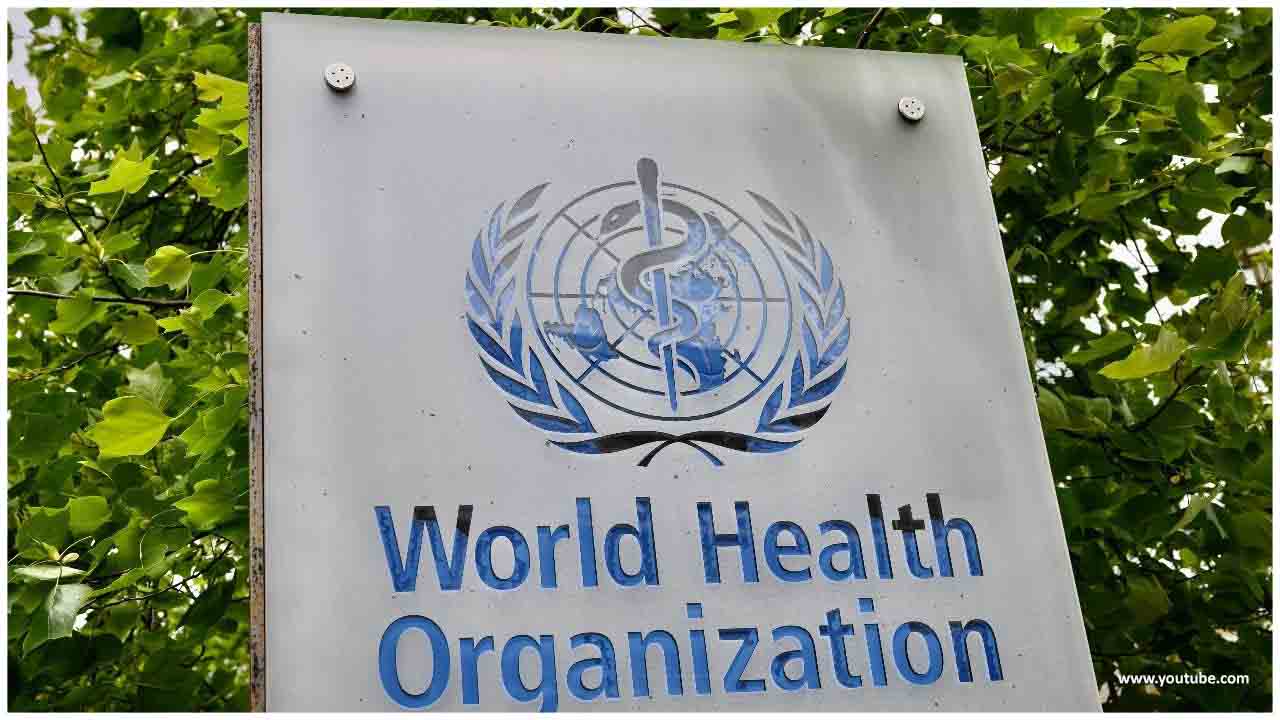The World Health Organization on Monday was wary about embracing the utilization of recouped COVID-19 patients' plasma to treat the individuals who are sick, saying proof it works stays "bad quality" even as the United States gave crisis approval for such treatments.
Supposed gaining strength plasma, which has for quite some time been utilized to treat maladies, has risen as the most recent political flashpoint in the race to discover treatments for COVID-19.
The U.S. Food and Drug Administration (FDA) on Sunday approved its utilization after President Donald Trump censured the organization for obstructing the turn out of antibodies and therapeutics for political reasons.
The method includes taking immune response rich plasma from patients who have recuperated from COVID-19 and offering it to the individuals who are experiencing serious dynamic contaminations in trusts they will recoup all the more rapidly.
Soumya Swaminathan, WHO boss researcher, said just a couple of clinical preliminaries of recuperating plasma have created results, and the proof, at any rate up until now, has not been persuading enough to underwrite its past use as a trial treatment. While a couple of preliminaries have given some advantage, she stated, they have been little and their information, up until this point, uncertain.
"Right now, it's still extremely inferior quality proof," Swaminathan told a news meeting. "So we suggest that recovering plasma is as yet an exploratory treatment, it should keep on being assessed in all around planned randomized clinical preliminaries."
The proof is clashing: One Chinese examination indicated plasma from individuals who have recouped from coronavirus neglected to have any kind of effect in hospitalized patients, while another, pooled investigation demonstrated it can bring down the danger of death.
One test, Swaminathan included, was plasma's fluctuation since it is drawn from a wide range of individuals, creating an item that is less-normalized than monoclonal antibodies made in the lab.
World Health Organization senior counselor Bruce Aylward included that past plasma's viability, there were additionally potential dangers that must be considered.
"There are various reactions," Aylward stated, extending from mellow fevers to extreme lung wounds or circulatory over-burden. "Hence, the clinical preliminary outcomes are critical."

 The technique involves taking antibody-rich plasma from patients who have recovered from COVID-19
The technique involves taking antibody-rich plasma from patients who have recovered from COVID-19







.jpg)


.jpeg)

.jpg)






.jpeg)



.jpg)






.jpg)


